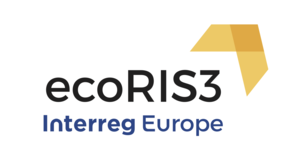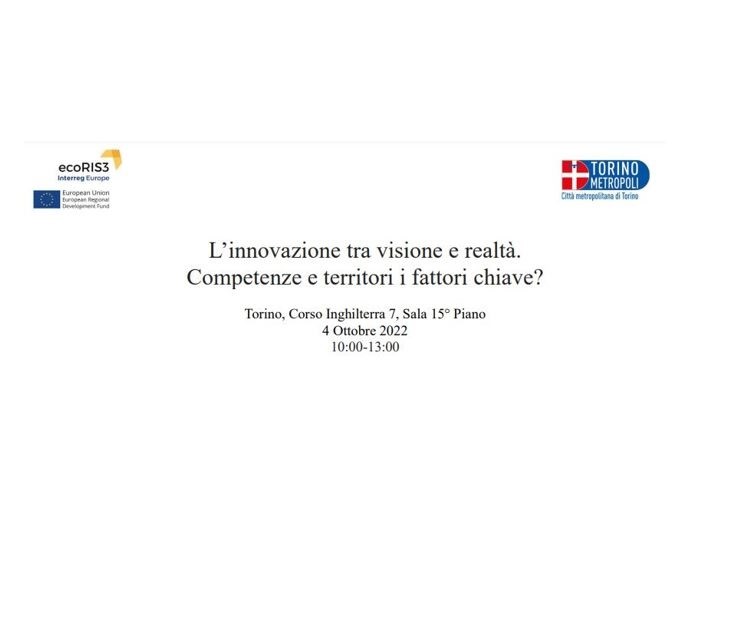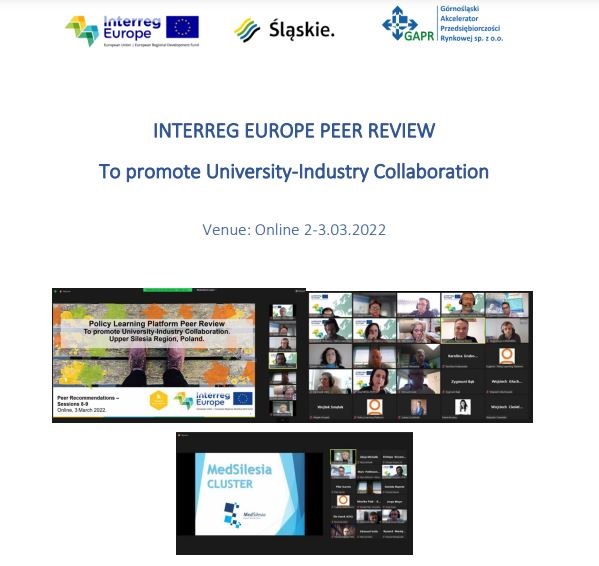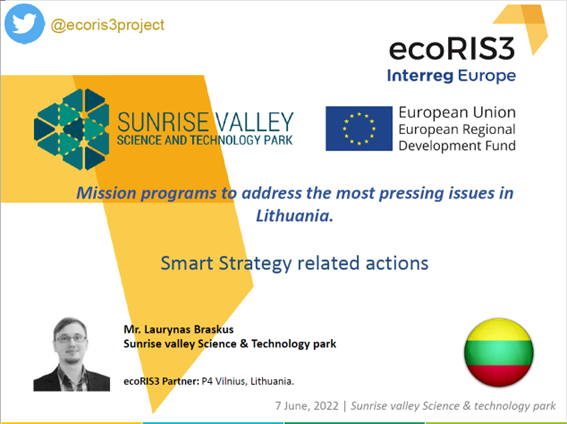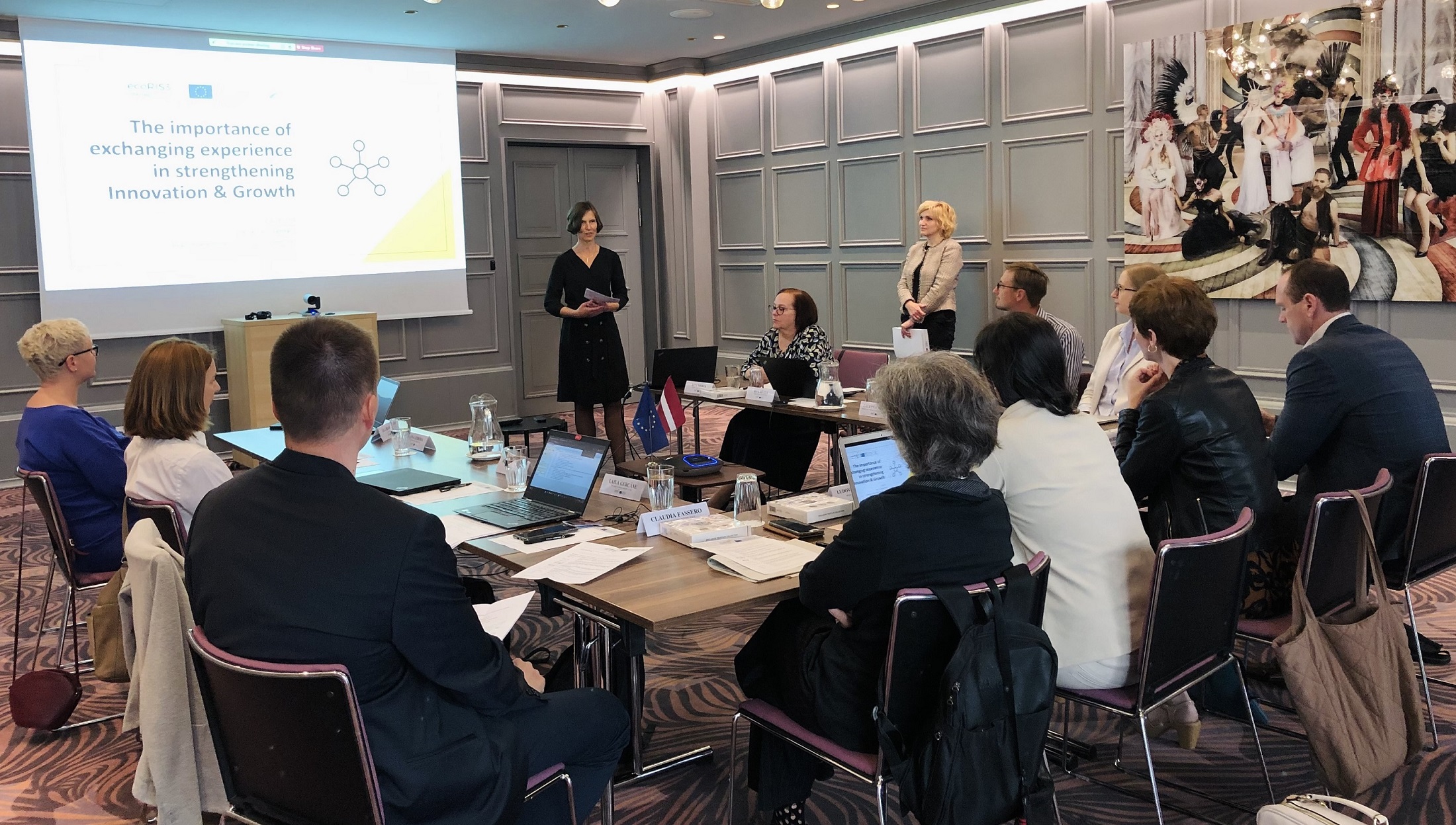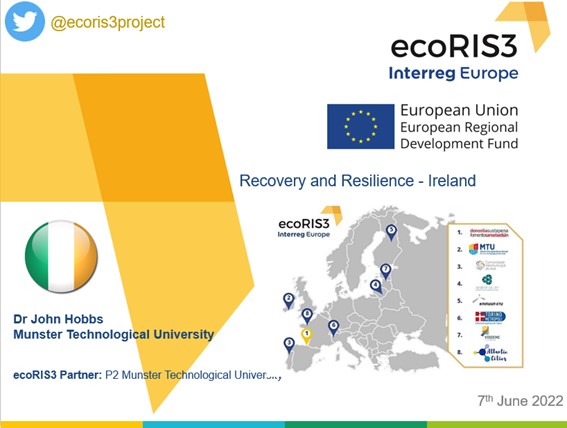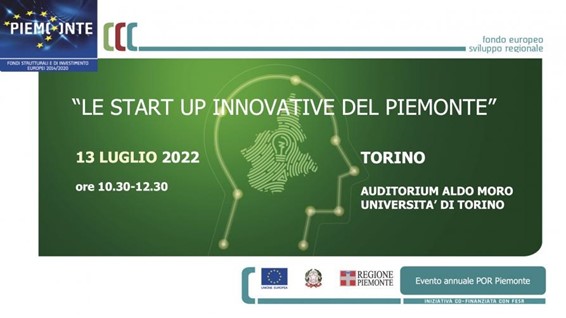The Research and Higher Education Monitoring and Analysis Centre (MOSTA), together with the Ministry of Economy, has analyzed for the second time how Lithuania implements the program for investment in research and innovations - Smart Specialization. The monitoring report provides information on the development of Lithuanian economic sectors, the country’s competitiveness in the international environment and the expression of the potential of research and innovation in the context of a smart specialization program.

According to Ramojus Reimeris, director of the MOSTA, Lithuania’s indicators in research, experimental development and innovation areas (RDI) are improving in the international context. “In the European Innovation Scoreboard, we see that our overall innovation index has grown fastest among all the members of the European Union since 2010, even by a fifth. According to this indicator, Lithuania occupies the 16th place in the community”, says R. Reimeris.
In the Competitiveness Index compiled by the World Economic Forum, it raised from the 47th position (in 2010) to the 41st position (in 2017). In the part of the contribution to R&D distinguished in this index, Lithuania achieved the greatest progress in terms of indicators of accessibility to new technologies in business and their assimilation, the level of cluster development, innovation uptake and business cost for R&D and risk capital availability. During the mentioned period, the scientific indicators decreased mostly: Lithuanian business entities negatively assessed scientific and business cooperation in the field of R&D and various aspects of the education system. Also, the business extremely poorly assessed the state’s ability to attract and retain talents.
Nearly four years after the beginning of the implementation of smart specialization, it is possible to see which innovative projects are implemented the most actively and where the greatest potential for cooperation between science and business is noticeable. “For the first time, we evaluated the priorities of the program just a little bit more than a year ago. At that time, we noticed that we assessed more status quo priorities than progress, as most of the support measures have not been started yet. Today, the situation has changed, more and more projects are being implemented, however, not so much as expected. It seems that a significant part of the scientific and business community has, to a certain extent, overestimated their ability to participate in innovative initiatives having potential. Participation may also have been complicated by the complexity of the eligibility of applications. The problem is to be solved by facilitating the definitions of the priorities in the action plans”, says R. Reimeris.
The priority of laser technology is assigned to the highest priority critical mass for the second consecutive time. The priority of safer food in the past evaluation was attributed to the priorities demonstrating visible potential. “The second report on intelligent specialization reveals specific involvement in support measures and attracted investment. These priorities are distinguished by high levels of collaboration between science and business, the relative plurality of projects, and the ability to attract investment”, says R. Reimeris. Critical mass priorities with high funding for research and number of the highest level scientific publications, relatively high investments in infrastructure of the RDI, clustering potential and a large number of researchers in enterprises.
The second monitoring report was forwarded to the European Commission. The Lithuanian Smart Specialization Strategy was launched in 2012. This process was coordinated by MOSTA, mandated by the Ministry of Education and Science and the Ministry of Economy. In 2014, Lithuania has approved six areas of smart specialization. These include energy and sustainable environments, an inclusive and creative society, agro-innovation and food technologies, new production processes, materials and technologies, health technologies and biotechnologies, transport, logistics and information and communication technologies. Each direction consists of 2 to 4 priorities. The process of designing the Smart Specialization in Lithuania is listed as one of exemplary among the EU members. The Ministry of Education and Science and the Ministry of Economy are the main institutions responsible for the implementation of Smart Specialization, the priorities of the RDI are implemented on the basis of the measures administered by them. The program will be implemented from 2014 to 2020.
The main objective of the Smart Specialization Strategy, implemented in the European Union, is to enhance Europe’s regional competitiveness in the world. In order to achieve this, the European Commission has mandated countries that wish to use the financial investments from the EU Structural Funds to set their own priorities for RDI.
